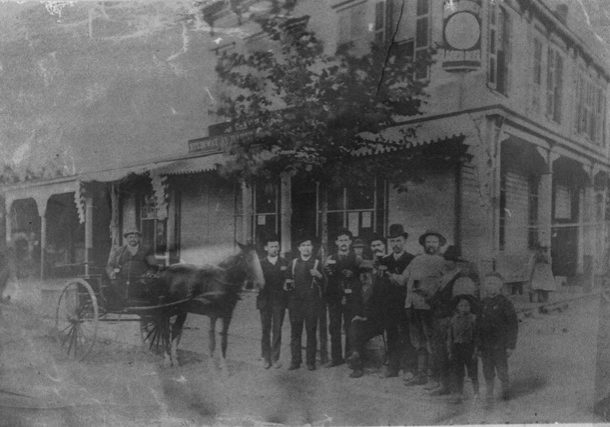The Jurisprudence of the Jab
The Legal Ins and Outs of the COVID Vaccine
The vaccine has arrived, and not a moment too soon! With more and more New Yorkers getting the jab, the increasing number of vaccinated Astorians comes with a host of legal and logistical questions. We caught up with Elias Fillas of Astoria’s own Sacco & Fillas LLP to learn about what is and isn’t allowed when it comes to the coronavirus vaccine.
GMA: Can employers mandate that their employees return to the physical office before they’re vaccinated?
EF: The current state of the law is that you can mandate personal appearance in the office if an employee’s job requires them to be physically present. Federal law prohibits employers from requiring vaccination of a COVID-19 vaccine distributed under an Emergency Use Authorization. Once these vaccines are licensed and approved by the FDA, mandatory vaccination can be required. So, you can’t currently mandate anyone to get the vaccine, but you can mandate as part of their job functions that they have to be present physically in the office.
GMA: Right. And an employer can fire an employee for basically any reason, right? Could not getting vaccinated be one of those reasons?
EF:
The mere fact that an employee chooses not to get vaccinated is not cause enough to fire that employee; however, employers are required to provide a reasonable accommodation to people with disabilities that prevent them from receiving a vaccine.
GMA: In the case of someone who works for the government, like the MTA or a policeman, can the government mandate that those people get vaccinated?
EF: No. The government cannot mandate that its employees be vaccinated.
GMA: How about parents? Can they mandate that their children get vaccinated?
EF:
Yes. That’s a parental decision, and if the parent wants their child to be vaccinated, their child will be vaccinated. A child cannot make his/her own health decisions. That being said, under current regulations, a person must be 16-years or older to receive the vaccine.
GMA: Do you think it’s likely that these vaccine passports will become legitimate within the next few months?
EF: I think so. Especially in places like New York or California, I think there’s going to be a lot of restrictions in place where you won’t be able to gain entry into certain places without showing your vaccine passport.
GMA:
There are certain religions that may avoid getting vaccinations, like Christian Science. If someone is refused business because they don’t have a vaccine passport due to their religious reasons, could that be framed as religious discrimination?
EF: It’s a balancing act. If there’s a public health crisis, and the government’s function is to try to protect all of its people from the spread of infection, they can mandate certain things to be put in place. That doesn’t mean that someone whose religion prohibits them from getting the vaccine is having their rights infringed upon. What it means is that if that person refuses to get vaccinated, they may be denied entry into places where proof of vaccination is mandatory. The government’s imposition of a vaccine passport to protect the health of the public at large outweighs any individual’s religious belief, custom or tradition that prohibits that person from being vaccinated which may potentially cause harm to other people.
GMA: Krispy Kreme is giving a free donut every day to anyone who gets the vaccine. Would there be any legal repercussions for lying to Krispy Kreme about your vaccine status to get the free donut?
EF: [Laughs] I mean, I guess in its true sense, it’s a form of misrepresentation or fraud, but I don’t know if anybody is going to get prosecuted for that.
















